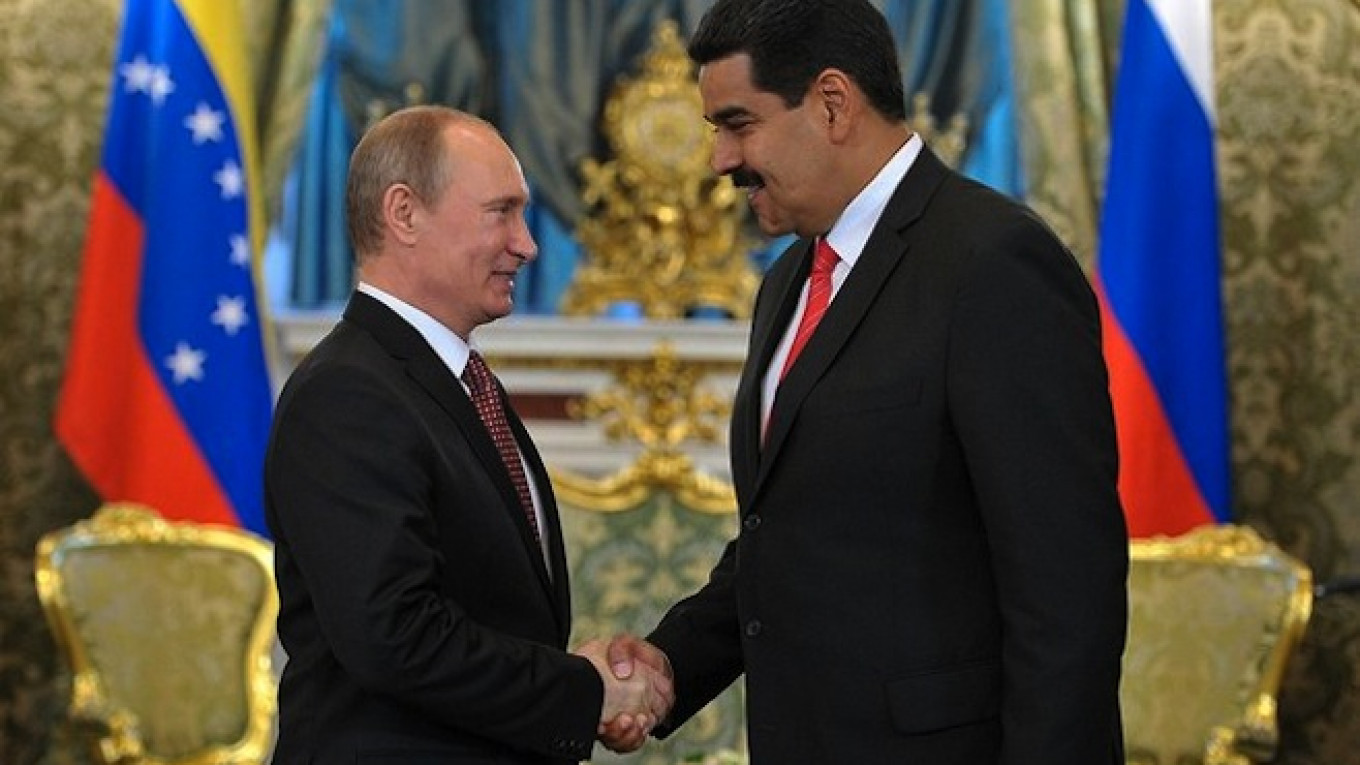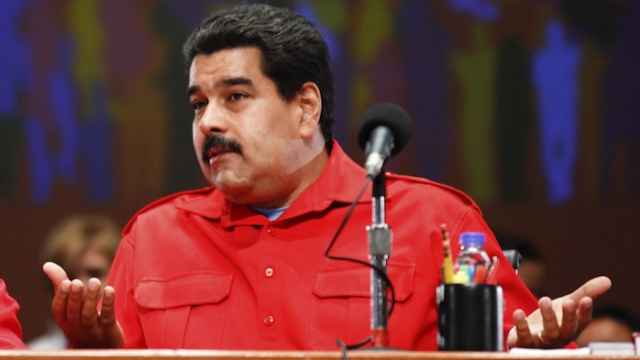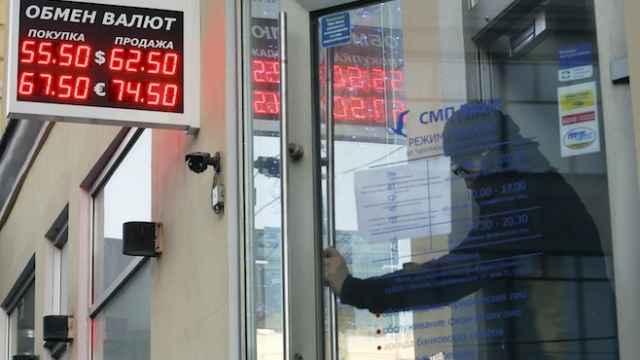Venezuela's President Nicolas Maduro will meet Russian leader Vladimir Putin on Thursday as he ends his tour aimed at persuading big oil producers to cut output to stop the price rout.
Oil prices — the cornerstone of both the Russian and Venezuelan economies — reached their lowest in almost six years and Maduro traveled this week to Iran, Saudi Arabia, Qatar and Algeria to gather support for his diplomatic push.
"The situation on the global oil markets along with some other issues will be among the topics to be discussed," Putin's spokesman Dmitry Peskov told state news agency TASS.
Maduro's call is supported by the Organization of the Petroleum Exporting Countries (OPEC) price bulls, such as Iran and Venezuela, who want output cuts from OPEC but can contribute little themselves. It has met a cold response from core Gulf OPEC producers.
Saudi Arabia rejected output cuts at the last OPEC meeting in November, saying it would only lead to a loss of market share. Gulf OPEC sources have said Saudi Arabia might consider cutting production if non-OPEC members, such as Russia, joined.
Russia agreed to symbolic output cuts in tandem with OPEC during the 2001 price collapse, but never followed through on its pledge, causing anger among OPEC members.
Since then Moscow has continued to push crude output to new record levels, eventually overtaking Saudi Arabia as the top global producer in the last decade.
This year, Venezuelan and Algerian officials again initiated talks between Russia and OPEC, but officials in Moscow have said the country, in which around 40 percent of output is in private hands, would find it technically tough to cut.
But the slump in oil prices combined with Western sanctions on Moscow over Ukraine have led to currency and budget crises much worse than in any year of Putin's 15-year rule and made Russia think hard about its choices.
Moody's Investors Service said on Tuesday there was a high risk Venezuela would default on its debt.
Russia depends on energy for half its budget revenue, while Venezuela depends on oil for 96 percent of its hard currency revenue, leaving its economy at the mercy of a market that has seen prices drop 60 percent since June, to under $46 a barrel.
A Message from The Moscow Times:
Dear readers,
We are facing unprecedented challenges. Russia's Prosecutor General's Office has designated The Moscow Times as an "undesirable" organization, criminalizing our work and putting our staff at risk of prosecution. This follows our earlier unjust labeling as a "foreign agent."
These actions are direct attempts to silence independent journalism in Russia. The authorities claim our work "discredits the decisions of the Russian leadership." We see things differently: we strive to provide accurate, unbiased reporting on Russia.
We, the journalists of The Moscow Times, refuse to be silenced. But to continue our work, we need your help.
Your support, no matter how small, makes a world of difference. If you can, please support us monthly starting from just $2. It's quick to set up, and every contribution makes a significant impact.
By supporting The Moscow Times, you're defending open, independent journalism in the face of repression. Thank you for standing with us.
Remind me later.






